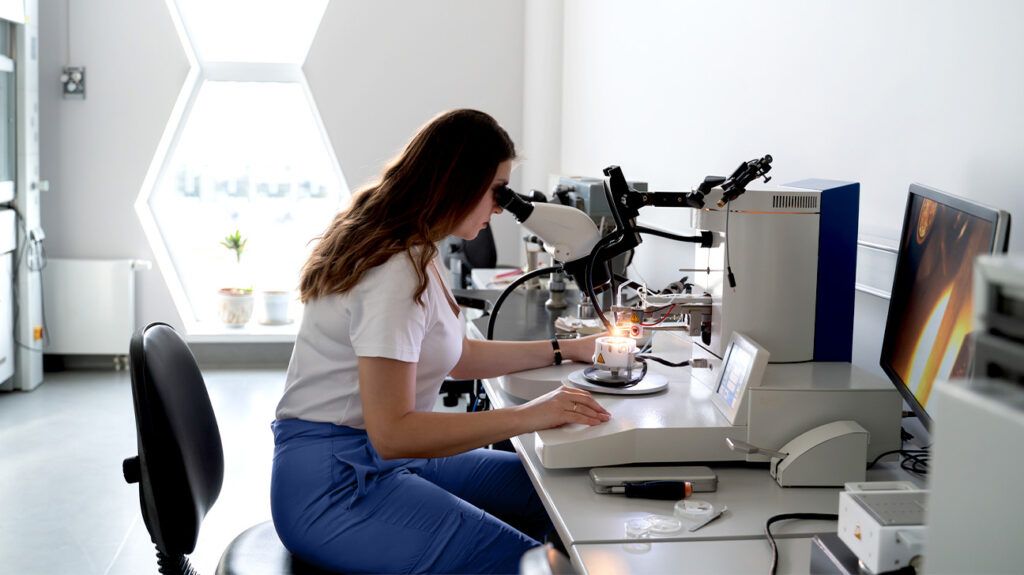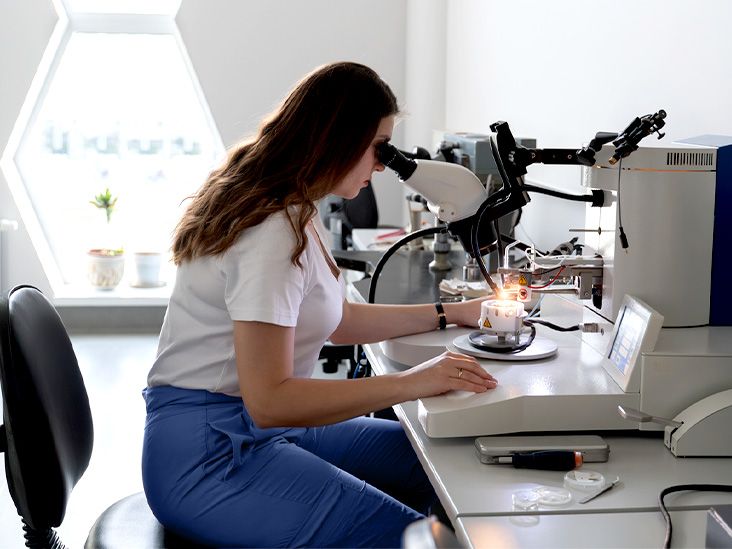Mitochondrial Dysfunction Linked to Crohn's Disease

- 4.9 million people globally live with inflammatory bowel disease (IBD).
- The exact cause of Crohn’s disease is still unclear.
- Research suggests mitochondrial disruption may alter the gut microbiome, triggering Crohn’s.
Researchers from the Technical University of Munich have conducted a study indicating that dysfunctional mitochondria might trigger Crohn’s disease by altering the gut microbiome in a mouse model. This chronic autoimmune condition inflames the digestive tract and lacks a cure.
Mitochondrial Damage and Intestinal Injury
In their study, scientists deleted a gene segment responsible for producing the Hsp60 protein, crucial for mitochondrial function. This disruption led to damage in the intestinal epithelium, similar to changes found in humans with Crohn's disease, alongside microbiome composition alterations.
Implications for New Treatments
These findings may lead to innovative treatments beyond symptom management. Researchers aim to identify compounds that can repair mitochondrial function, potentially reducing chronic inflammation. “This research could provide key insights for developing more effective therapies,” said Dirk Haller, lead author.
Need for Human Research
Medical professionals emphasize the necessity to transition findings from animal models to humans. The insights gained could facilitate tailored drug therapies targeting mitochondrial dysfunction, which is vital for developing robust treatments for Crohn’s disease.
Identifying Triggers for Prevention
Understanding mitochondrial dysfunction's role in Crohn’s could also lead to preventive measures, helping at-risk individuals recognize symptoms early. Identifying disease triggers may ultimately contribute to finding a cure.

















